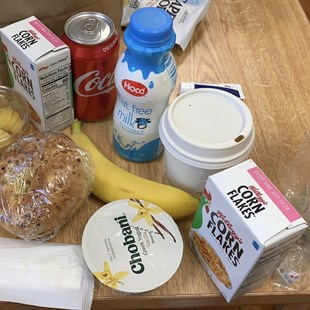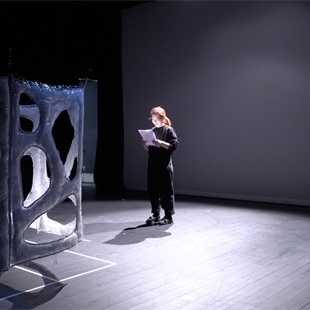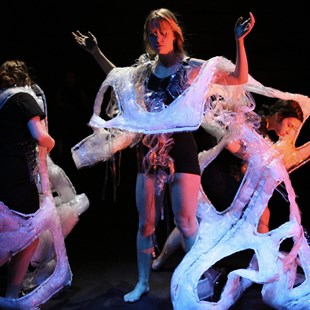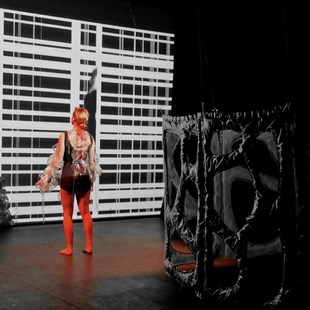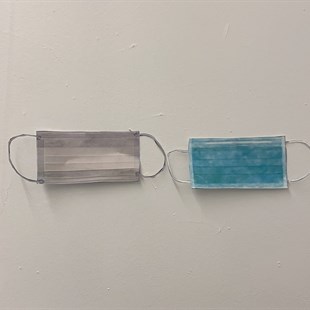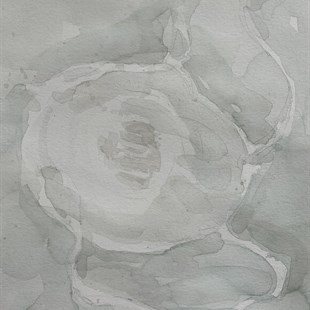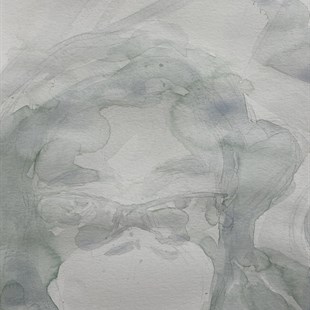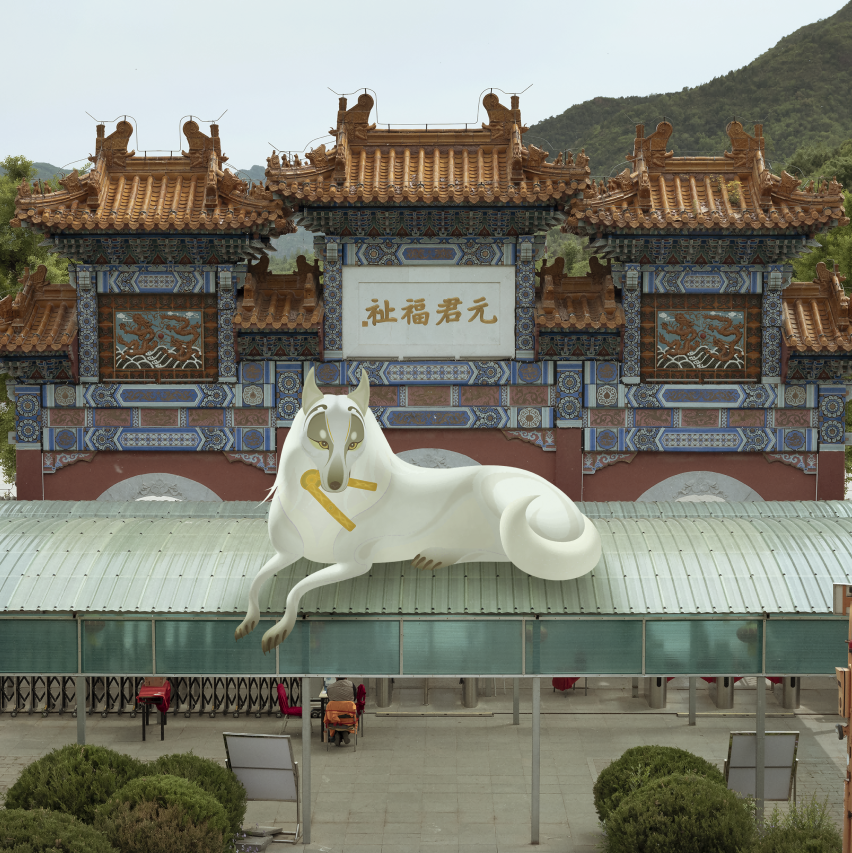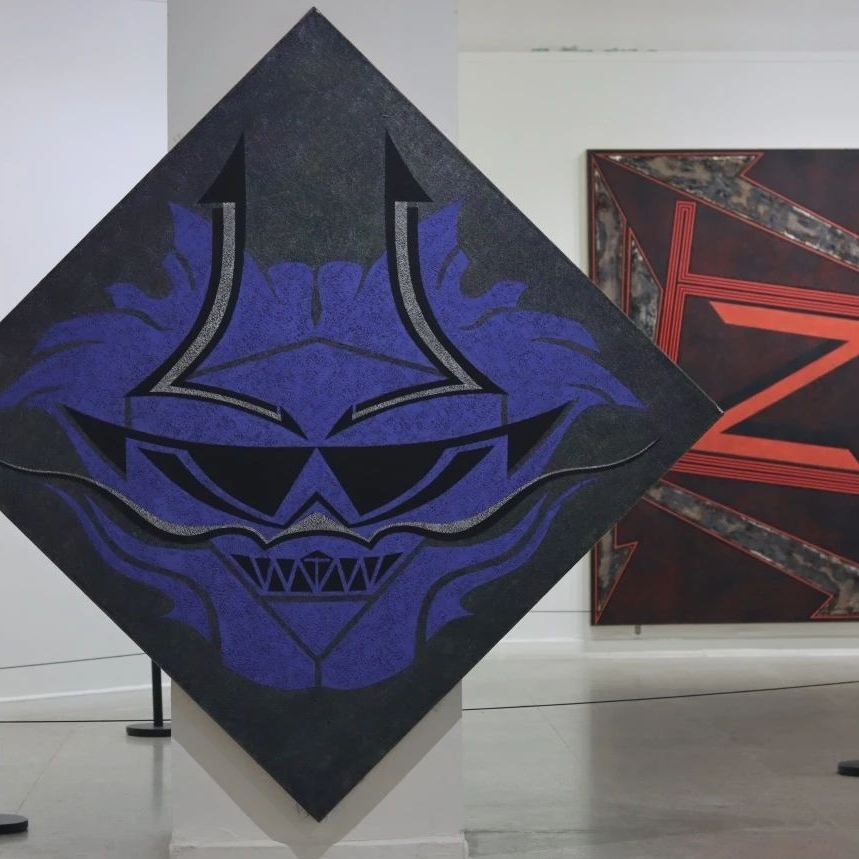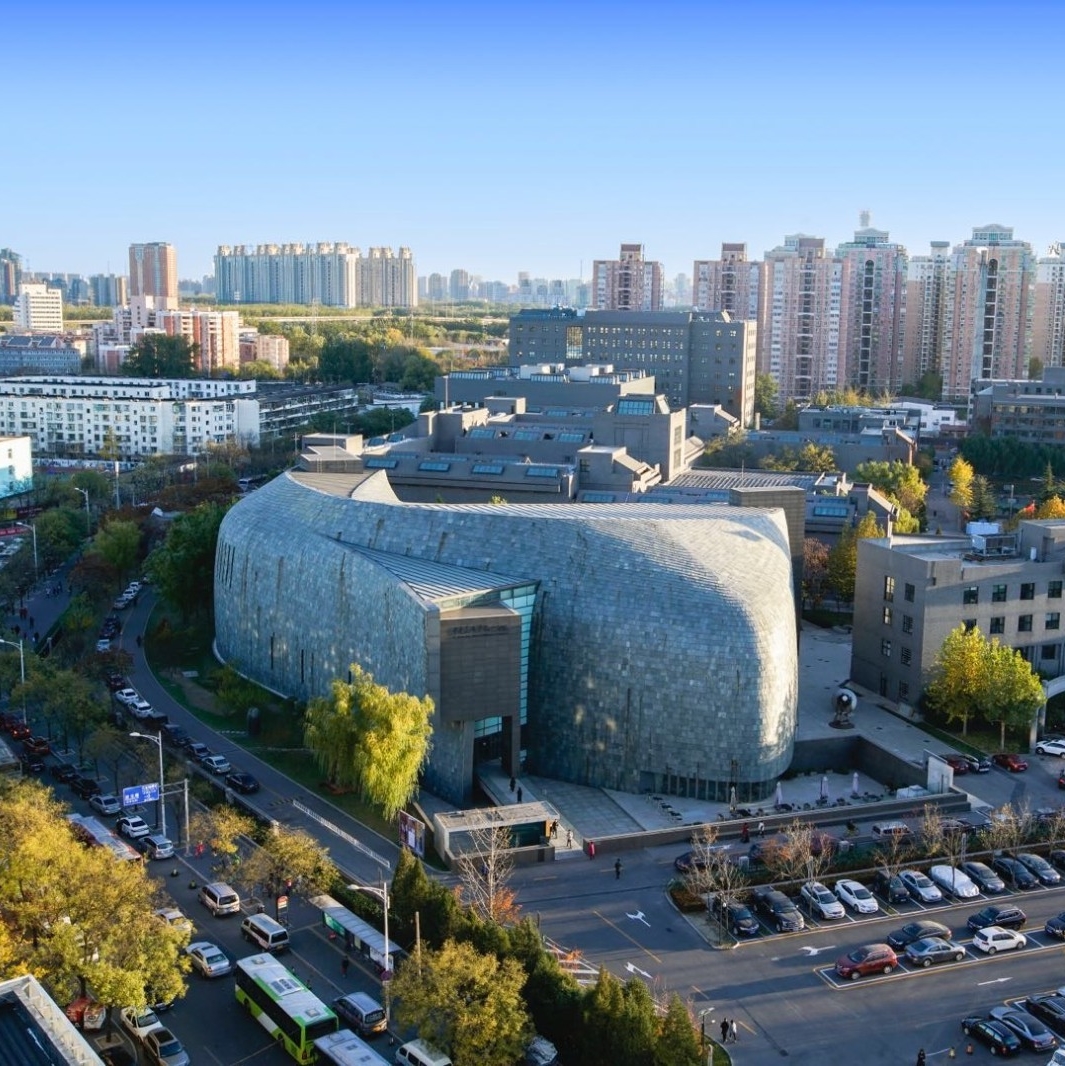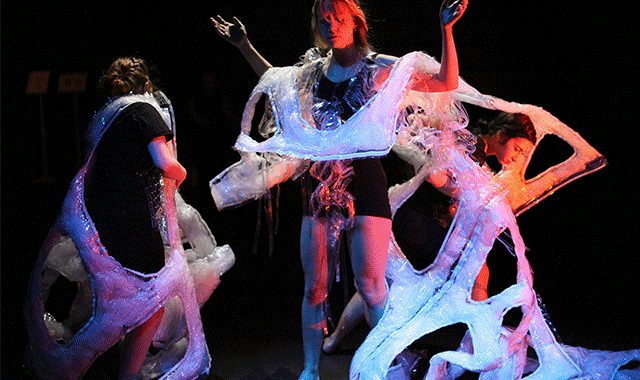
Editor’s Note:
With the grim situation of the COVID-19 pandemic spreading in the global community, students from overseas art schools are also facing increasing anxiety. How to solve the problems such as school suspension, graduation work as well as the dormitory closure? For international students from all over the world, when they confront various pandemic prevention policies in different countries, either staying where they are or going back to their own country, could be a tough decision for them. No matter what choice they make, they are under tremendous psychological and social pressure.
During this special period, CAFA ART INFO hopes to share real situations and opinions from this group of students. What is the status of the pandemic situation in the country they are staying? We pay attention to their current state. All questions are expected to be answered by them. All the concerns and encouragement we would like to share with them would be presented in these words.
CAFA ART INFO: Can you briefly introduce your situation in studying abroad?
Andisheh Bagherzadeh: My name is Andisheh Bagherzadeh and I’m an Iranian art student from the Accademia di Belle Arti di Firenze in Italy, I’ve lived and studied in Italy for the past 7 years. My work has always focused on the concept of national identity and immigration, the subtle balance of the two and how one affects the other, perhaps in this time more than ever I’ve begun thinking and reflecting on this concept.
Cai Shen: I am Cai Shen graduated from the Central Academy of Fine arts, pursuing my Master Degree in Parsons School of Design in New York City, the U.S.
Julia: Coming from Shanghai, I am a first-year master’s student in the Regional Studies East Asia program at Harvard University. I focus on East Asian art history, with research interests in late imperial Chinese art and modern and contemporary East Asian art.
Shuo Yin: I’m currently a second year MFA candidate in Painting + Drawing studying at the University of Washington and I’m an international student from China.
Effie Gu: I’m Effie Gu, I’m an art director and set designer, currently engaged in the Architectural Association in London for my second MFA. I just finished my final jury online last week.
CAFA ART INFO: Where are you currently? How does the COVID-19 pandemic directly influence you? What are your current life situation and mental health?
Andisheh Bagherzadeh: As the virus spreads and people are ever more restricted, it almost feels as if who you are or who you want to be matters very little. In a way, in front of something this big we all become smaller. In a way I’ve stopped thinking about how it’s affecting me in particular but how it’s affecting my society. In a time like this subjective thought becomes secondary to collective and objective responsibility, it feels as if all of society around us is starting to view their role in all of this and are taking action accordingly.
Cai Shen: I’m still in NYC now, waiting for online courses. The most direct influence is all the campuses were shut down since the coronavirus broke out in NY. As a result, we have to move our materials out of our studios and try to create at home, which also leads to another problem that we have no access to any lab now.
However, I am good in my apartment, since as a Chinese person with an awareness of this situation, I have prepared some supplies in advance. But all the amenities were closed inside the building, so I still feel a little bit bored at home.
Julia: I’m currently in Boston. Due to the outbreak of COVID-19 in the U.S, the Graduate School of Arts and Science at Harvard University asked that we pack and move to undergraduate dorms located at the Radcliff Quadrangle during the spring break. Having moved to our new rooms, we each get a suite with a living room and a bathroom of our own to prevent contact and thus infection. Everyday we are able to get our three meals in the dining hall downstairs and bring the packaged food upstairs to eat. Nutrition is guaranteed even though it is not hot food. Three days after we have moved in, the school provided each of us with a small fridge and a microwave so that we can heat soup and sandwiches on our own.
Shuo Yin: I’m living in Seattle, where the first case of coronavirus in the United States was reported. And over 2400 people have now tested positive. The situation is developing rapidly, although I’m not frightened as I realize how severe it is. I lived in Beijing when there was the SARS outbreak in 2003. My family stayed under quarantine for several months. Maybe that experience enabled me to be always precautious about such a condition.
Effie Gu: Currently I’m staying in London. Due to the impact of the epidemic, all my performances and exhibitions are suspended, and I could not submit my materials for graduation to the school either, although I am still waiting for the reply from my school. My visa is going to expire in July this year. I wanted to use these 4 months to find a job to stay here, but most companies have closed, especially in my industry which requires face-to-face communication.
CAFA ART INFO: What is the current pandemic prevention policy in the country you are studying/staying?
Cai Shen: In NYC, the government has enforced everyone to stay at home for quarantine. There is no one on the Fifth Avenue which is usually the most crowded place.
Julia: Most of the stores in Massachusetts are closed now, except some restaurants that do delivery and supermarkets and pharmacies that provide essentials.
Shuo Yin: I don’t see much being enforced on the federal level. Each state is in charge of its own policy/guidelines respectively. For instance, the Washington State governor has issued a two-week stay-at-home order and non-essential business is to be closed for at least 2 weeks.
Effie Gu: British pandemic policy is hard to tell! The most important thing is to protect yourself.
CAFA ART INFO: How is your university responding to the outbreak of the pandemic? Does your school start a contactless model, such as online classes?
Cai Shen: We have already prepared for online courses.
Julia: Our university announced online learning on March 10th and all libraries closed after the end of that week.
Shuo Yin: The UW is now under restricted operations where social distancing is applied, and classes will be presented remotely once the spring quarter begins.
Effie Gu: Using online meetings, even the graduation jury is online.
CAFA ART INFO: In this special period, will the school support you in terms of medical advice or hospitalization if you were feeling unwell?
Cai Shen: Well, as a student in The New School, our health insurance covers COVID testing, as well as some mental health support if anyone develops symptoms and is in New York.
Julia: The university health center provides online consultation service all the time, so if you are feeling unwell, you can get help easily. However, if one wants to be tested for COVID-19, it is usually not that easy.
Shuo Yin: The UW has announced information on health and prevention in response to the current situation. I’m still healthy.
Effie Gu: My school has e-mail notifications that require students to report where they are currently. We can contact staff in the school if we have a medical condition or emergency.
CAFA ART INFO: Do you confront various social and public pressures in the different stages of the pandemic before and after the international outbreak?
Andisheh Bagherzadeh:It is a tragedy and I wish it had never happened. But being here now and seeing the world react, I can’t help but feel that it might be the first time we look at each other the way we would in a mirror. Being an outsider in a foreign country is never easy and I’m surely not the only person that feels or has felt this. But one thing is for sure, many people feel the need to pronounce their hatred for the different through violent actions and words, most of this behaviour is fuelled by fear, but if before all this started, people viewed boarders and divisions between themselves and others, now maybe for the first time in a long time we are all united through fear of something bigger, something that feels truly dangerous and the act of protecting others by protecting ourselves has become ever more meaningful.
Cai Shen: Of course, I do. For example, should I wear a mask and can I wear a mask. Before the quarantine, I never wore a mask in public, because I am so afraid as a lot of Asian people were attacked when they were wearing masks. More ridiculous, before the day of quarantine was announced, an Asian woman was beaten as she didn’t wear a mask and the location is just meters from where I live in.
Julia: I am not someone who regularly comments upon articles or news in my friends’ circle, but I would read my friends’ sharing on social media. I also discuss with my best friends here at Harvard about the reports by both the Chinese and Western media and the different positions each takes. As a Chinese student who has studied in North America for more than eight years, I listen to all kinds of opinions and voices, and would not steadfastly take on one position over the other. I do think pressure to some extent exists. Everyone would feel stress under such uncertainties. Yet with regards to racism and violence, Cambridge is mostly populated by students and people with a higher education level, therefore incidents as such are probably less likely.
Shuo Yin: Probably because I bare meet anyone in person nowadays, I do not sense any hatred or violence towards me in terms of my racial identity in my daily life. However, it’s a totally different world in the news or social media. Accusations and claims have been made regarding where did the virus come from and conspiracy theory is getting its audience. I’m worried about such phenomenon being turned into an uncontrollable situation.
Effie Gu: The main pressure comes from my friends and family from China. I have done a lot of work to persuade my family, because I chose not to return home but to stay here. On the one hand, I think the infection rate on the flight would be very high. More importantly, I don’t want to give up my career here. Maybe choosing to go back to China is temporary but for me it may be that I can never come back because my visa expires in July.
CAFA ART INFO: How do you plan to spend this special period?
Cai Shen: Stay at home and have a nice sleep every day. As a student of Fine Arts, I lack sleep.
Julia: On weekdays, I still have to attend regular classes and the amount of homework has increased a bit because some activities that can be done in class cannot be carried out at this point of time. Therefore, we need to prepare write-ups or summaries ahead of time. Meanwhile, I am involved in some projects of the Harvard FAS Chinese Media Lab (CAM Lab). Every week we have an online meeting and for the rest of the week we complete tasks on our own. But overall, because of the closure of libraries, a lot of the tasks become quite difficult.
Shuo Yin: For now, I’m trying my best to keep myself from being sick. And I’m going to keep working on my thesis project as much as possible. On the other hand, maintaining social distancing gives me more time to stay at home reading and doing literature reviews. It’s a bonus I guess.
Effie Gu: I’m staying at home and preparing to improve my software skills and I realize interesting ideas that I don't usually have time to do. And I record my daily life in the form of Vlog.
CAFA ART INFO: Will the experience of the COVID-19 pandemic influence your art creation?
Cai Shen: Maybe yes or maybe no. I have completed some works related to that, before the quarantine in New York City. However, this work was based on the situation in China, so for me, it is different, more like storytelling from the third person. If I make something else from this, that will be a huge change, since I am the one in this story.
I have already made an experimental project based on the COVID-19 pandemic in China, but I lost the chance to work at the studio before I can further develop it. And this video was just shot for an experiment too. There is still a large space for me to improve it. This project is untitled yet, and not so mature enough. But it is the first work I made to engage in social events.
The content of this work is, hanging a printing machine on the wall beyond a reachable height, as soon as someone comes nearby, it will scan a real mask inside the machine and then print it out. In this work, I want to use an ironic way to mimic the supposed manufactory of masks on a large scale. The floating mask will give the audience an illusion that this is gifted by someone, while the gift is a fake mask.
Julia: I don’t paint or do art but I am planning to write some reflections of this period if time permits.
Shuo Yin: The current body of work that I’m making is about identity issues, which, in my practice, has a lot to do with the philosophy of representation, cultural and racial recognition. The outbreak of the coronavirus and its follow-up inspired me to think about facts vs. impressions from the perspective of representation. I think it will open up new discussions and provide materials for my upcoming pieces, for which I’ve made several watercolor sketches as preliminary studies and attached with the email. Those can be seen as derivative works of the news covering the outbreak of the pandemic.
Effie Gu: Definitely. I was originally researching the "echo room" effect with social media for my previous project. Now the public is isolated at home, this process is similar to the transforming of splinters and the individualization of the internet. So I’m considering adding these elements to my future works.
CAFA ART INFO: Will you graduate this year? Will the degree show be changed or postponed?
Cai Shen: No, next year. But I have heard that the thesis show might be an online exhibition.
Julia: I plan to graduate next May, but if I want to go back to China during the summer there are more uncertainties at play. In the field of humanities, we need to write a 100-page thesis in order to graduate.
Shuo Yin: I’m graduating this year in June. Due to the situation of the pandemic, the curator cancelled our first in-person studio visit two weeks ago. It’s unclear at this moment whether the graduation exhibition will be postponed. Hopefully more information will be available soon.
Effie Gu: Fortunately, I finished my graduation performance on 3rd March. At that time, the number of infected patients in London was still tiny, but I was worried that my crew and audience would be cross-infected, so I prepared masks and disinfection sprays at the entrance. However, at that time, people did not pay much attention to this epidemic, so these things were not used.
Interview conducted by CAFA ART INFO
Dates: 2020/03/23 – 2020/03/27
Edited by Sue and Emily Weimeng Zhou
Image provided by the interviewees
(Except for special annotations)




